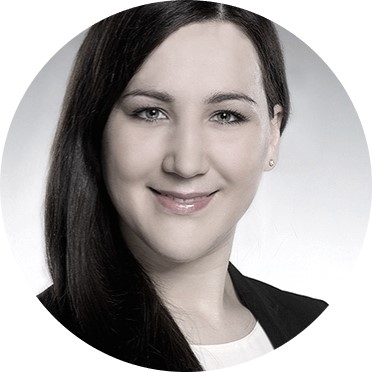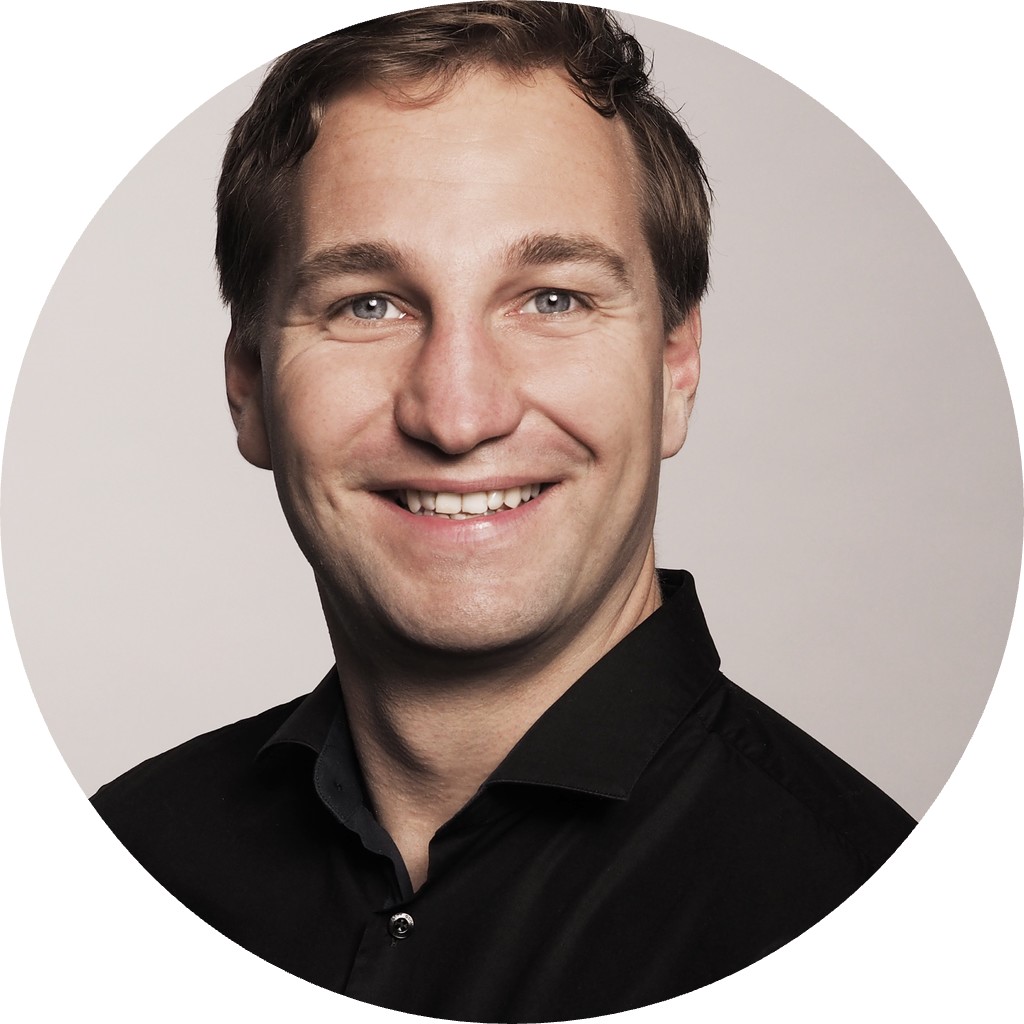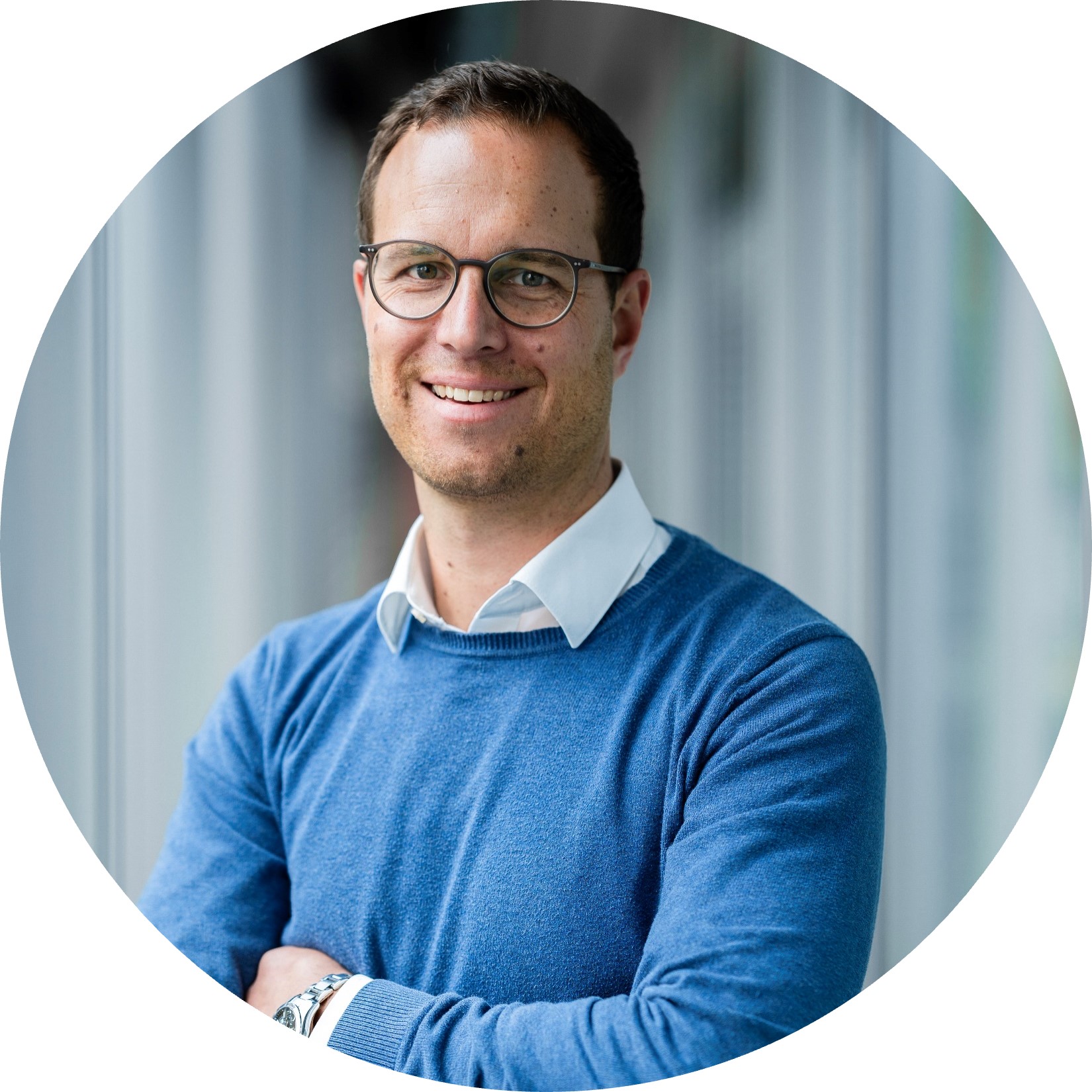Digitalization is not an end in itself—it is intended to simplify processes, improve workflows, and drive the company forward. But with so many ideas, requirements, and technologies to consider, how can you maintain an overview? At VTG, this task is handled by Digital Portfolio Management. The team led by Alina Max, David Altmeyer, and Daniel Kalfa-Koopmann ensures that IT-related improvement topics and projects are not only implemented but also prioritized (e.g., in the Performance Review Forums), coordinated, and developed jointly.
Prioritization and transparency
“Essentially, the digital portfolio at VTG is a structured overview of all prioritized digitalization topics within the company,” explains Alina. This is where all requirements relating to digitalization and IT from the various departments come together. The portfolio creates transparency: about the processing status of individual topics, about dependencies – and about the added business value.
Things used to be different. David recalls: “There was a lot of silo thinking. The different development teams sometimes worked on similar topics in parallel, sometimes even duplicating each other’s work.”



The digital portfolio brings these topics together, coordinates their implementation, and makes sure resources are used where they’ll do the most good. Priorities are set beforehand in the Performance Review Forums, where everyone gets to weigh in on how relevant and important each topic is.
Daniel also emphasizes the structural improvements: “We used to have dedicated development teams for implementing IT projects – separate from the existing teams (such as WAMOS! support). We quickly reached our limits when it came to cross-departmental issues.” Digital Portfolio Management focuses on longer-term, coordinated structures and close integration between teams.
How the team behind the portfolio works
The team working on the digital portfolio sees itself as an interface between the specialist departments and IT. “We prepare topics together with the specialist departments, clarify the effort and resources required, identify dependencies, and coordinate everything with the product teams responsible for the portfolio,” says David, describing her role. Work is carried out in two-month iterations, during which specific topics are implemented jointly.
“Ideally, these are smaller projects requiring 30 to 50 person-days,” says Daniel. “This ensures that we achieve visible results within eight to ten weeks.” Alina adds: “That’s also motivating—these are all issues that really help the company move forward and have been prioritized.”
2
The team works in 2-month cycles
However, before implementation can begin, there is often a discovery phase, during which we work together to examine how a topic can be realized technically. Only then does the actual implementation begin—the delivery phase.
Teamwork is everything:
Digital Portfolio Management works closely with IT and product teams, IT solution consultants and architects, and UX experts. There are also interfaces with specialist departments and participants in the Performance Review Forums.
Cross-functional workshops: Developing solution options
For more complex topics, the team organizes cross-functional workshops. Here, representatives from specialist departments, IT, and user experience (UX) design come together to develop solutions. “Our goal is to think through issues holistically at an early stage and develop a tangible solution,” explains Alina. The workshops not only promote a common understanding of a topic, they also help to realistically assess the effort and feasibility involved.
A clear view of the big picture
The digital portfolio at VTG is more than just a list of IT projects. It is a central control element that helps to drive digitalization forward in a strategic, coordinated, and transparent manner. Thanks to our structured approach, intensive collaboration with specialist departments, and targeted prioritization, we develop solutions that work—and really move us forward.


